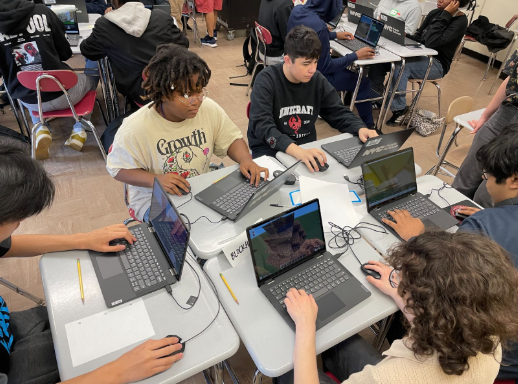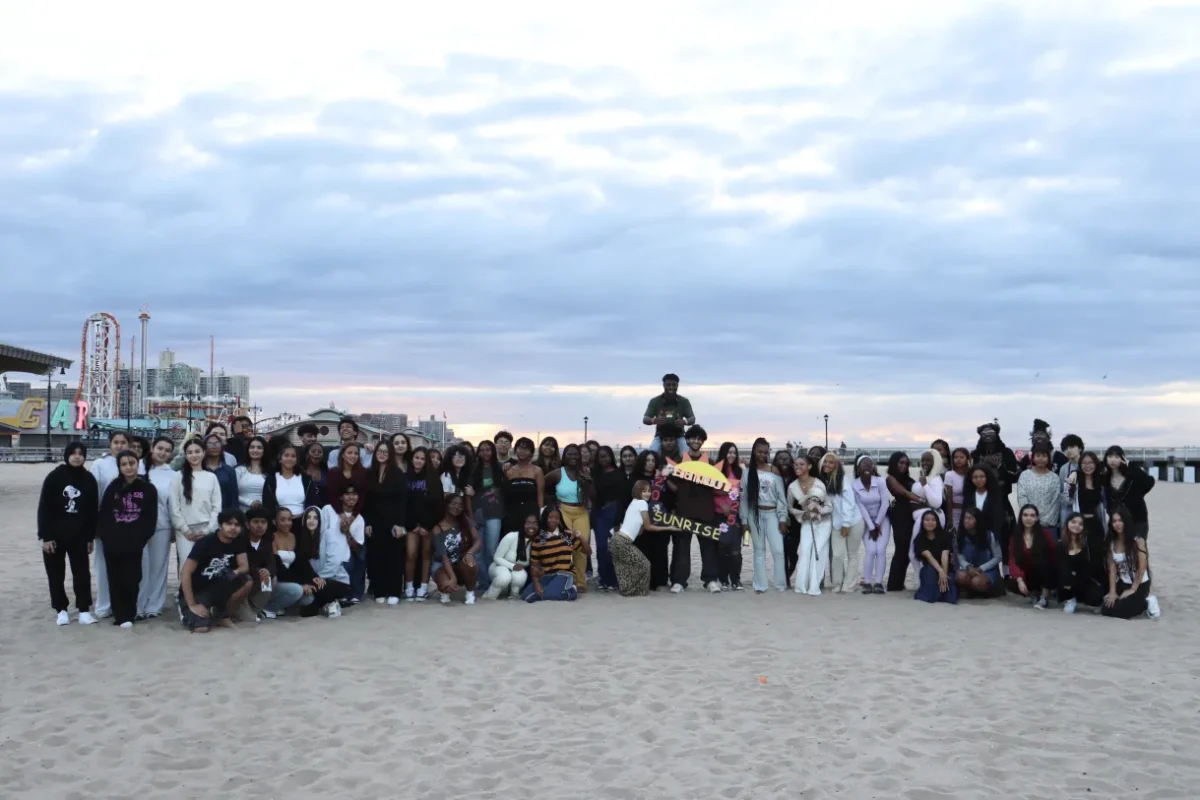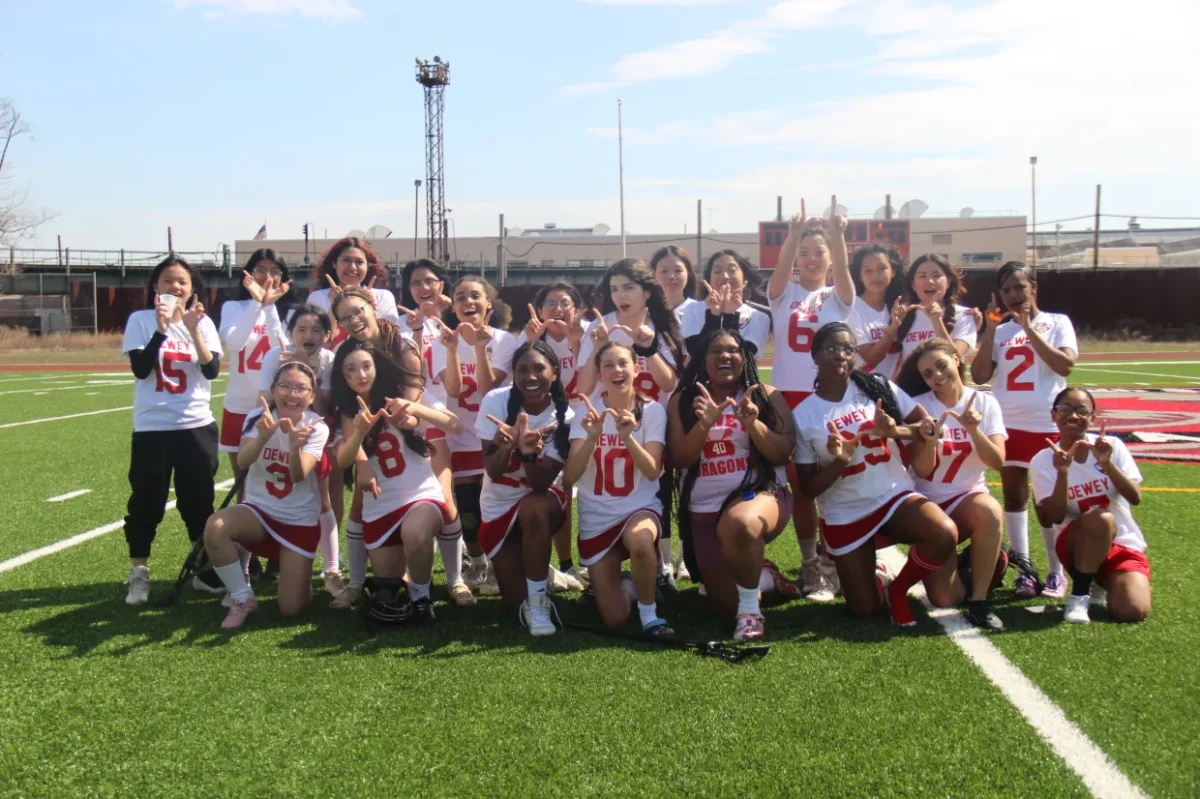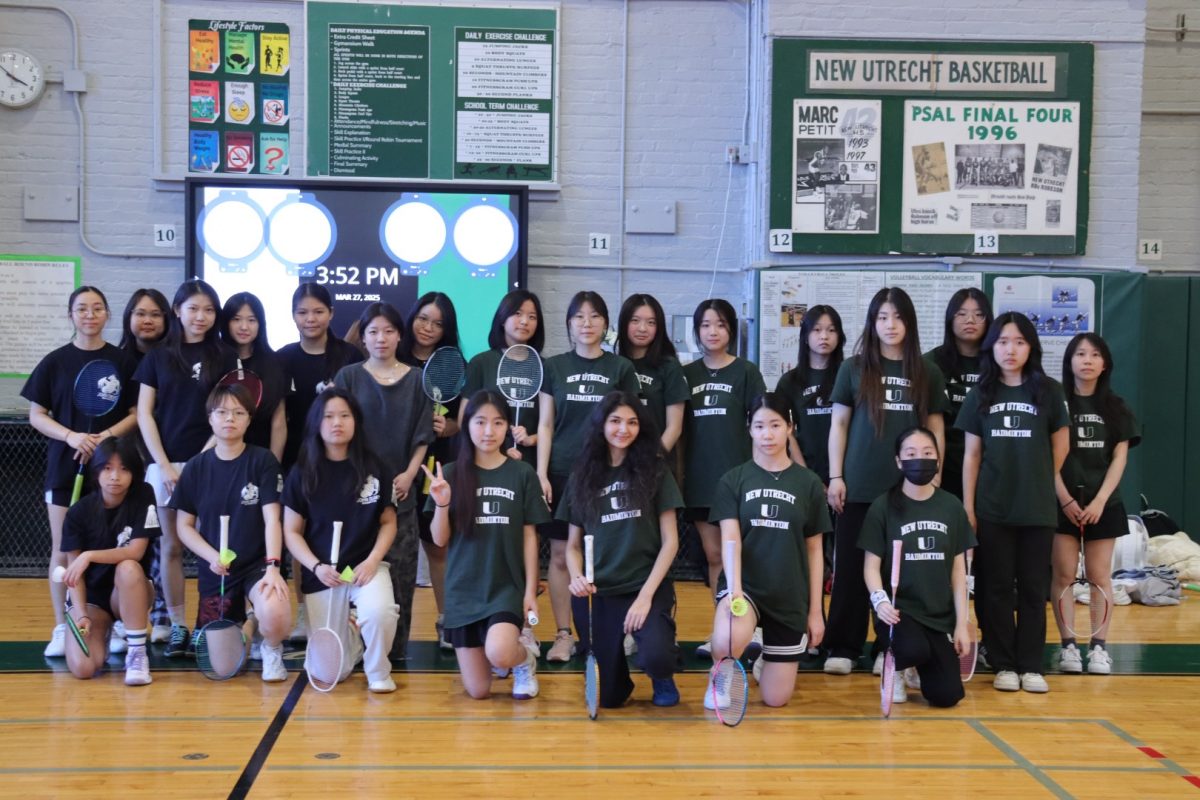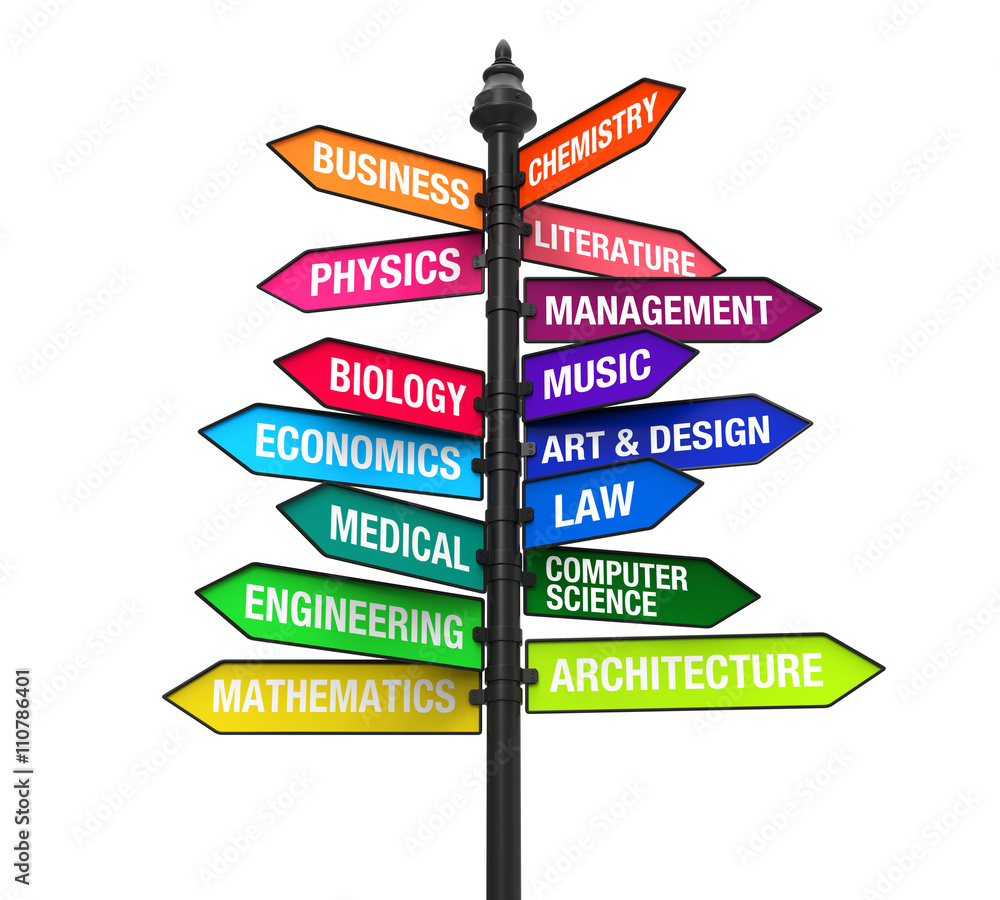For many, college is the next stage of their career, setting a pathway to their future lives and goals. For many, the choice of their college or major affects their entire being, from their careers to even their well-being. However, it’s easier said than done, since many are unsure of what they want to do in life. With the lack of guidance offered to students relating to the existence of overlooked careers, students often find themselves lost in their future.
All school teachers and staff have different views and advice they share with their students. However, all could be divided into six selections: pick your passion, do your research, be a realist, you can change, and experiment & explore.
Pick Your Passion
When deciding on a career, it’s crucial to choose a major that aligns with your interests and passions, ensuring a fulfilling experience. Many students choose majors that will lead to careers with high-paying jobs. Believing that earning money is more than worthwhile. The truth, however, might not be so cut-and-dry. For some, a salary could be enjoyable, but they hate the work environment so much that they become miserable in the end. “Choose a major you’re happy in,” said psychology teacher Ms.Savino. Working in industries that you enjoy can assist with work ethics and improve productivity, according to studies. In short, students should choose a major that they enjoy in order to have a happier life.
Be realistic
Your passion may not always lead to an ideal profession. A major in computer science, for example, is a highly competitive field. In the future, you’ll likely have to contend with others for a job in this field. In other cases, a career in a certain major might no longer exist in the future for a variety of reasons. “The research needs to be extensive; the reality is that there are majors right now that might not be available in the future. Major in something versatile,” said law teacher Mr. Prempeh.
Do Your Research
When entering a major, it’s critical to understand the field you’re entering. In addition to all of the potential opportunities and careers that a major can provide, in many situations, students enter majors unaware of the existence of numerous overlooked careers. Overlooked careers such as orthotists, food scientists, genetic counselors, fire investigators, and logisticians could all be an ideal match for someone. In other cases, students believe that their chosen field will offer them several opportunities, when in fact the opposite is true. Therefore, it is advised that students carry out research before finalizing their major.
You Can Change
Students shouldn’t think of their first major as the sole decision-maker when choosing their major. Students should not be afraid to change majors because the option has always existed. Choose your path and passion at your own pace. “You can be undecided but figure out your major as you got through college instead of deciding as a high schooler where you’re still figuring out who you are as a person (i.e., identity). Don’t rush,” said journalism teacher Mr. Inoa.
Experiment & Explore
Colleges offer a wide range of majors and minors, from specific field majors to popular basic majors with concentrations in the most bizarre of subject areas. It’s hard to choose a major without knowing what it is, if it’s for you, and if there’s something better out there for you. So, it never hurts to do a little exploring and experimenting. “Dabble into your major before you actually major in it. Have a hands-on experience before deciding it,” said college counselor Mrs. Mazzola. Doing your research, gaining experience, and exploring can lead to new opportunities and even assist you in making future career decisions.
For some, college isn’t the endgame!
Choosing a college and a future is undoubtedly a challenging decision for young adults. Senior Bilal Ahmed added that “Students are pressured into deciding all these things from colleges to majors and are left indecisive and scared for their future.”
While college is important, there’s a lot of opportunity that can lead you to a new, better path—a path you wouldn’t find at college. From trade school to mercenary school, there’s many options apart from college that can prepare you for the real world through hands-on learning, useful connections, and overall experiences in various fields. Not going to college isn’t the end of your life; it’s merely the beginning of a new one.

